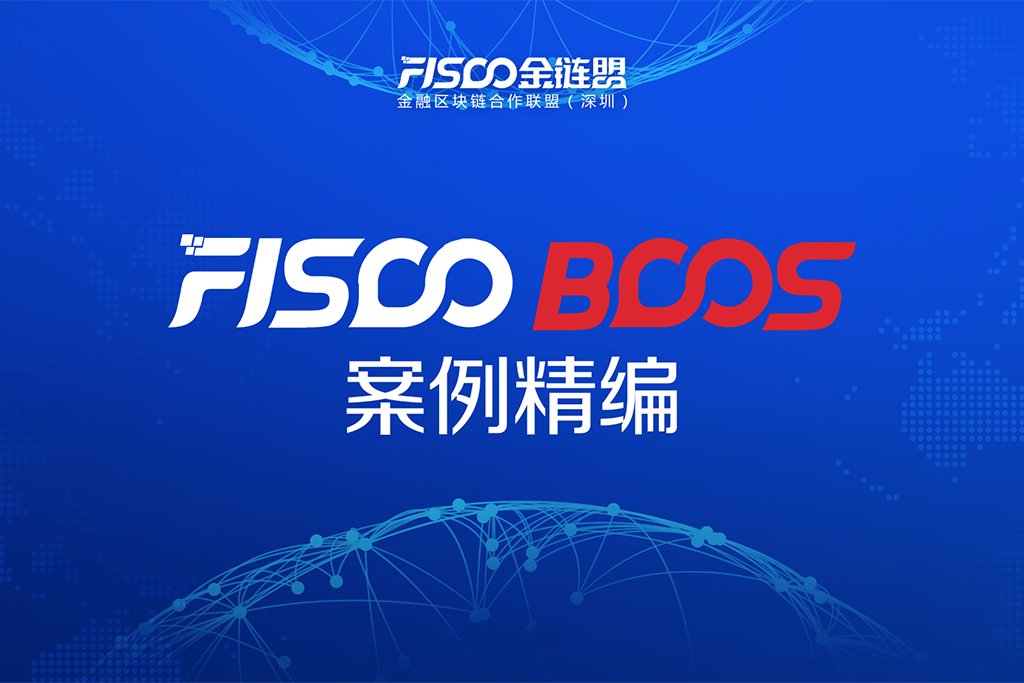FISCO BCOS, an innovative coinless blockchain platform, has been created to meet all the requirements and standards of the financial industry.
As it has been revealed, the Chinese Financial Blockchain Shenzhen Consortium (also known as FISCO) that is led by tech giant Tencent, multinational telecommunication company Huawei, WeBank and Shenzhen Securities Communication, is ready to present its innovative development.
Quite soon the community will have an opportunity to get to know its coinless blockchain FISCO BCOS that is expected to become the next “Ethereum killer”. One of the largest blockchain consortiums in China will introduce its innovation to a wide audience in the framework of the Singapore Fintech Festival in November.
FISCO BCOS Peculiarities
BCOS represents itself an open-source platform that combines the functionality of a permissionless blockchain with a coinless nature. In general, it can be said that it is something similar to the Ethereum-based Hyperledger Fabric protocol and R3 Corda.
The coinless framework, known as an Open Consortium Chain, was pioneered by WeBank. It is aimed not at functioning as a single blockchain platform, but at providing an entire blockchain ecosystem. This ecosystem is composed of a wide range of blockchain applications that are created to solve specific problems.
The uniqueness of BCOS is that it has become the first blockchain platform designed purposely to meet the regulatory requirements and to satisfy service demands of the wide financial industry.
The developers of BCOS have paid attention to optimization of its architecture with a view to amplify its transaction-handling capacities. A single chain will be able to conduct more than 1,000 transactions per second and getting confirmation won’t take more than a second. This upgrade is something that financial institutions have been waiting for.
What is more, thanks to the optimized architecture developers have a possibility to create additional services to meet comstantly appearing business requirements and needs without stopping or interfering on-going operations which is extremely important for major financial institutions.
Moreover, the newly created blockchain presupposes that different nodes on it interact safely as they always have the same data at the same time in spite of the fact that high information volumes are transferred simultaneously.
Security and Regulatory Issues
Via node control and key management BCOS ensures the highest level of security for hosting, networking, storage and application. Moreover, user privacy has become one of the priorities for BCOS. Such privacy protection mechanisms and tools as Zero-knowledge proof, group signature and ring signatures are applied to ensure additional layer of anonymity to on-chain transactions.
Through observatory nodes, regulators and external auditors can get access to real-time data flow in order to track risks. It is also said that a great number of BCOS use cases have been already designed across a wide range of applications, among which we can name finance, arbitration, copyrights and recruiting. What is more, according to FISCO, since its launch, BCOS has been applied to a great number of initiatives in various fields.
